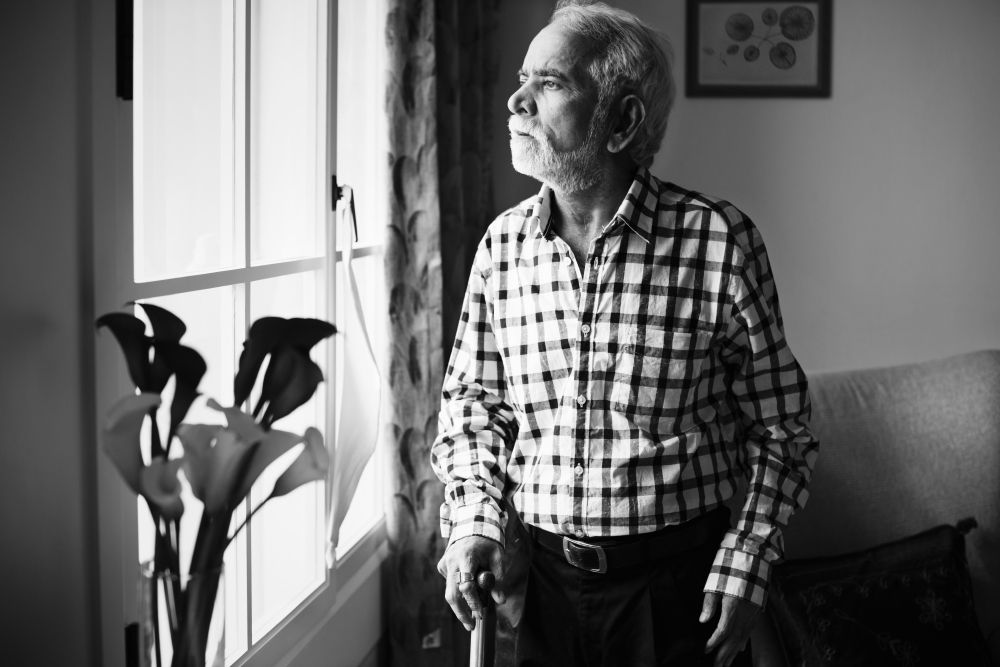Home Safety Tips For Seniors Living Alone
Back
It’s hard to put a price on independence when you enjoy living alone. There are many reasons why nearly 12 million seniors in the US live alone. Whether its a desire to maintain your own schedule or routine, care for yourself, or live and interact with those around in the ways you always have; living alone can be ideal. But living alone also comes with risks. From safety and security to feelings of depression and isolation; there are several essential precautions to consider so that living alone isn’t dangerous. Here are five simple safety tips to review if you are living alone:
Stay Healthy. Sounds simple, doesn’t it? It can be, but did you know one of the biggest risk factors for seniors living alone is injury? A simple fall can turn into something very serious when there is no one around to help. In this sense, staying healthy means exercising, eating healthy, and having an active social life. Staying fit increases balance and mobility, which can keep you safe from those nasty falls.
“Fall-proof” Your House. Falls are the leading cause of injuries for seniors, and almost always provide a huge blow to one’s independence. Reduce your risk of falling by examining the floors in each of your rooms. Remove tripping hazards such as wires, arrange furniture in easy-to-maneuver layouts, and ensure that you have good lighting in hallways and paths to the restroom. Install non-slip floor mats and handrails where necessary. Make sure everything is well within reach so you don’t have to use step-stools.
Have an Inner-Circle. Give and receive regular “check-ins” with your friends and loved ones. This not only ensures that you are okay, but it aides in making sure your needs are met while providing much needed socialization. Senior isolation can contribute to depression, poor health, and even cognitive decline. Maintaining an active social life not only boosts your morale and wellbeing, it affords you a support system to call on when anything goes wrong.
Be Prepared for Emergencies. Invest in a disaster preparedness kit and have it on hand. Emergencies such as power outages, freezing weather, or any number of natural disasters can prove deadly when backup supplies aren’t readily available. Survival supplies such as dried food, extra blankets, bottled water, flashlights, matches and candles, and medications are a few inexpensive ways you can be prepared when you live alone.
Think about Security. You and you alone are in charge of securing your home. Think about and implement ways to increase your personal safety. Lock your doors and windows when you aren’t home, and consider installing a peephole in your door to see who’s knocking before you open your door. You may want to consider a personal alert system if you fall or experience an accident, and a installing a home security system may keep you more safe and secure.
Living alone can be a wonderful time in your life, but it can be daunting if you aren’t prepared. Take time to review your level of security and safety as you live alone. Taking care of yourself both physically and emotionally can lessen the challenges of independent living; creating more space to enjoy all the perks of living independently!





